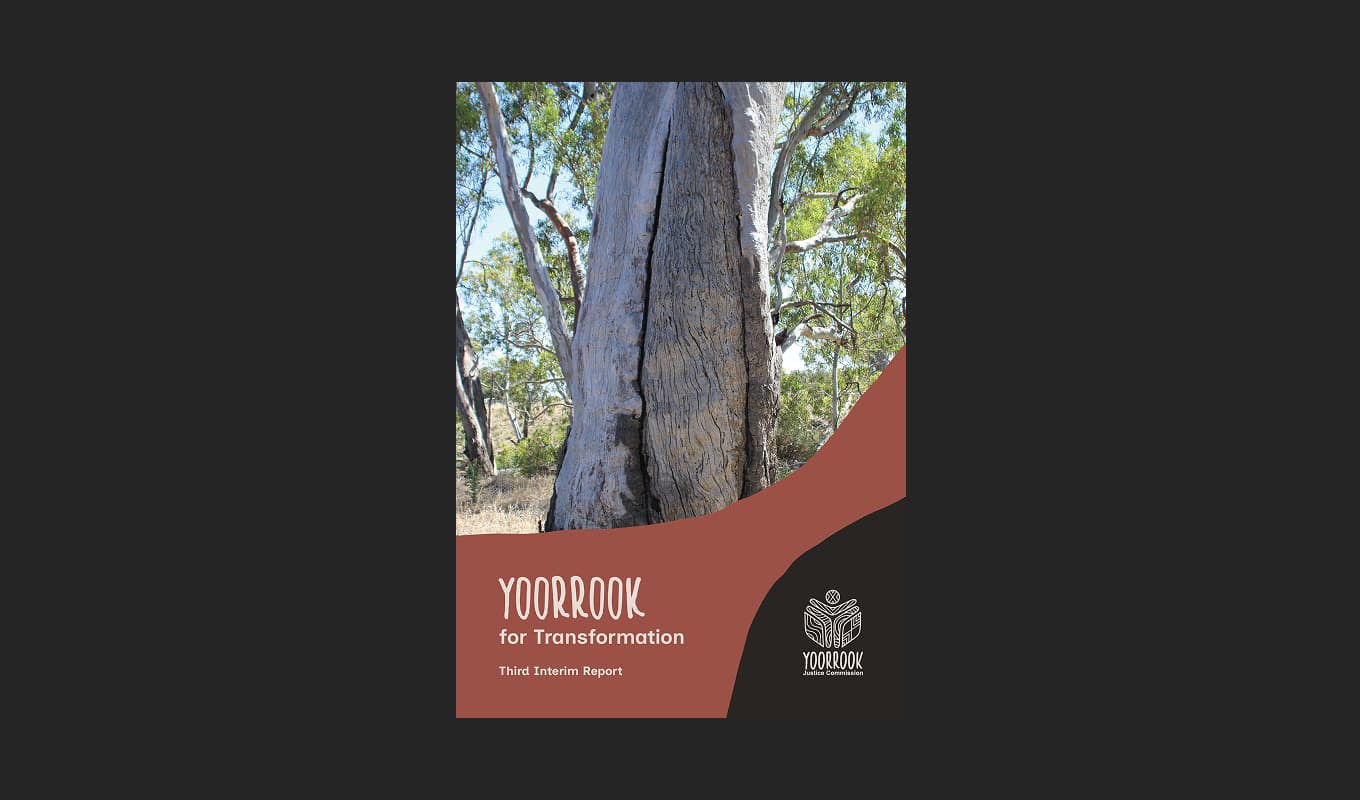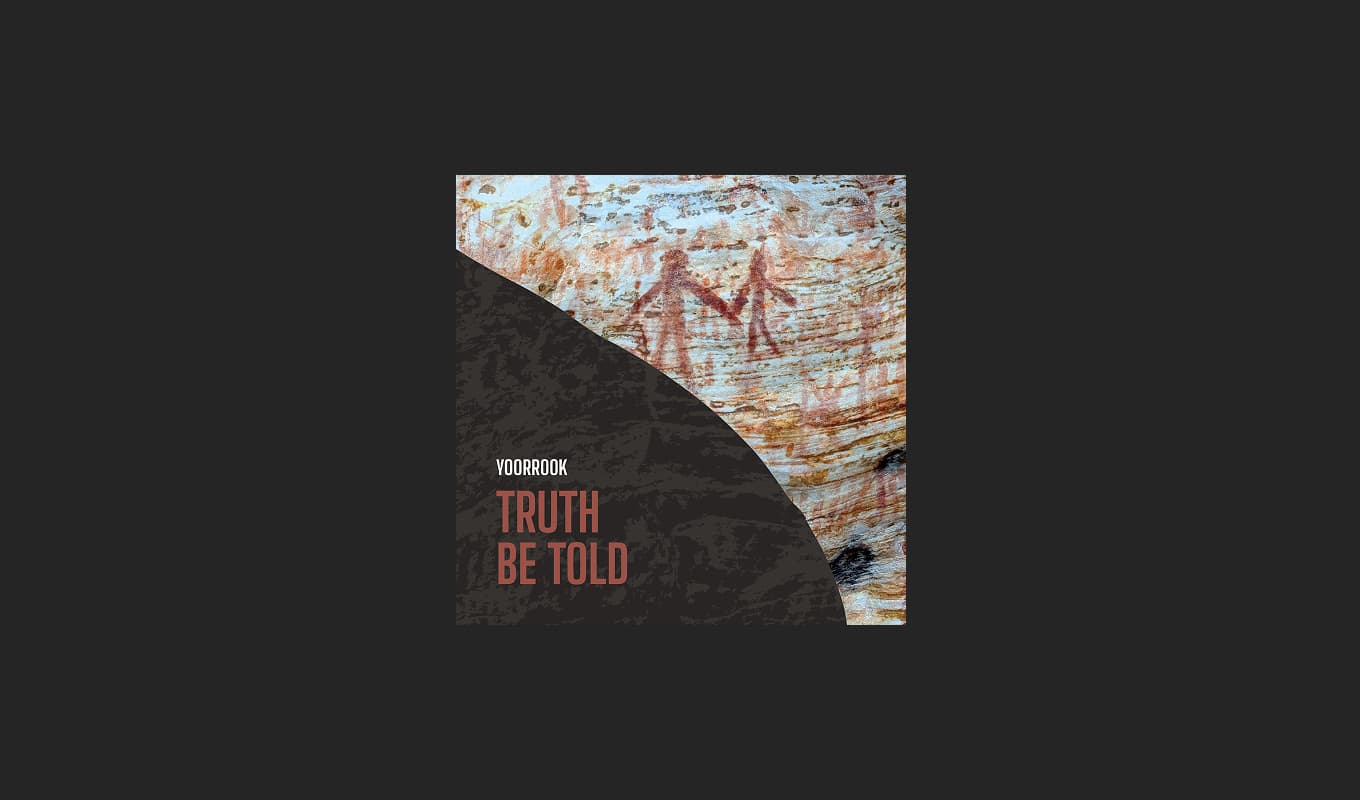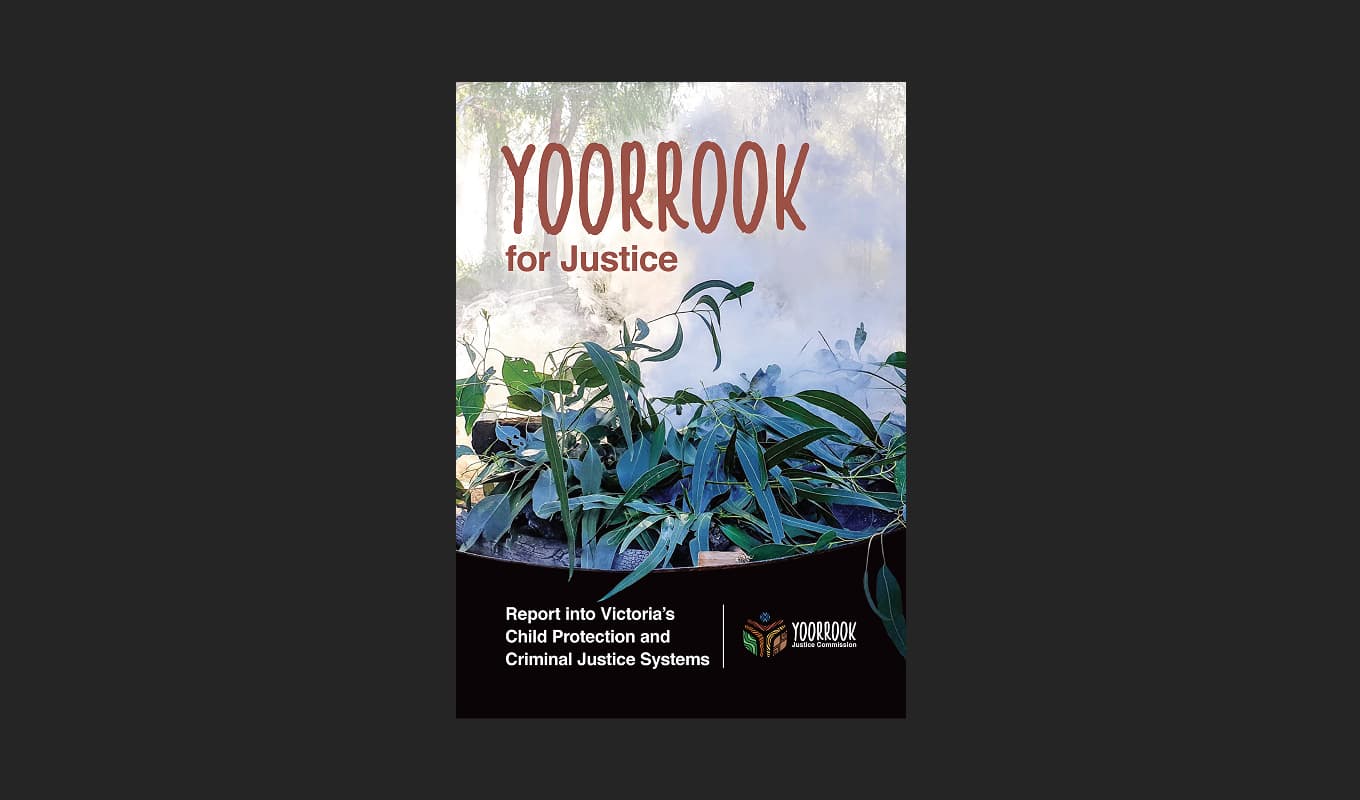Anonymous 1132
Anonymous 1132 discusses the general impacts of colonisation on Victoria's First Peoples and the natural landscape, the limited education on Indigenous history in schools, and advocates for practical application of Indigenous knowledge, continued normalisation of Acknowledgement of Country, and extending NAIDOC celebrations.
Submission Transcription
Very general. The British first settled Victoria in 1803, for a short while there was civility between them and First Nations people, but not for long. I know more about the impact on the natural landscape directly than on its peoples, but of course they are linked. Most of Wurunjeri land was marsh and wetland originally, and building Melbourne city on top of it and not allowing for flooding and drainage us why we see major damage each summer.
A single unit during my university science degree, circa 2014. We learned about natural sciences discovered and used by indigenous people, their clever inventions (the eel farms) and their astronomy knowledge. It was comprehensive for its short time frame, but I do want to know much more and give similar education far more time and space in the curriculum.
As with all things, people need to see and understand how ANY new knowledge applies in their current lives in order to listen, focus and appreciate its importance. Indigenous history IS important, but I believe focussing on practical application of Indigenous knowledge and culture in a 21st century context will be the first step to greater understanding and respect.
Continued normalisation of Acknowledgement of Country, education about the land and how to care for and manage it, and acknowledging the damage colonialisation did to the land. (People tend to psychologically accept fault for damage to the land more easily than they accept their part in generational damage to other people.)
Continued normalisation of Acknowledgement of Country, education about the land and how to care for and manage it, and acknowledging the damage colonialisation did to the land. (People tend to psychologically accept fault for damage to the land more easily than they accept their part in generational damage to other people.)
Truth-teller consent
Contact us about this submission
Contact us if you’d like to discuss this submission.
Similar submissions
Explore submissions from other witnesses that discuss similar topics.
Viki Sinclair (Fowler)
Viki Sinclair is a direct descendant of one of the original settlers of Gippsland, Colin McLaren. In this submission, she tells her personal story of... more
Anonymous 1481
The author has a broad understanding of colonisation’s impact on First Peoples but feels Victoria's education system was extremely limited in teaching... more
Denise Cusack Sister of Our Lady of Sion
Denise Cusack, Sister of Our Lady of Sion, found attending some of the Yoorrook Justice Commission public hearings to be a deeply moving experience,... more
Melissa Turnbull
Melissa Turnbull describes the brutal colonisation of Victoria, including undocumented massacres and displacement of First Peoples. Her education on F... more
Reports and Recommendations
Read the official reports and recommendations of the Yoorrook Justice Commission.

Yoorrook for Transformation
Third Interim Report: A five-volume comprehensive reform report presenting evidence and findings on systemic injustices, and specific recommendations for meaningful change to transform the future.

Truth Be Told
An official public record that documents First Peoples experiences since colonisation, preserves crucial testimonies for future generations and creates an enduring resource for education and understanding.

Recommendations for change
Yoorrook Justice Commission’s recommendations for truth-telling, justice, and systemic reform in Victoria.
